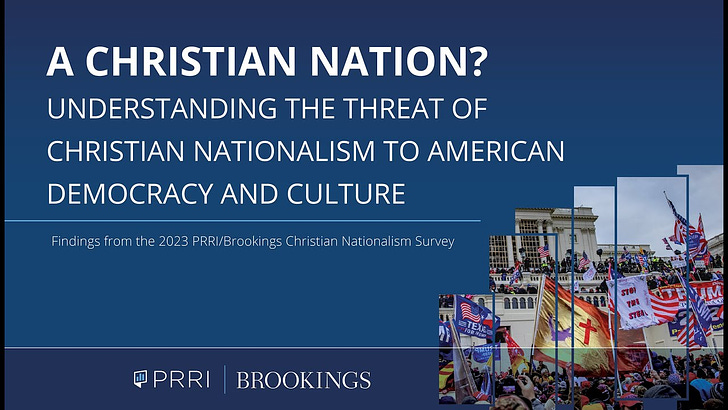A Virtual Roundtable on the Threat of Christian Nationalism, Part 1 of 4 by Robert P. Jones
A conversation with Kristin Du Mez, Jemar Tisby, and Robert P. Jones
For the next two weeks, we’re going to try something new. In addition to my normal posts, we’ll host a virtual roundtable discussion on the threat of white Christian nationalism to our democracy and our churches.
This is part one of the four-part virtual roundtable featuring
, , and me, . I will be writing parts 1 and 4 here at . Jemar will be writing pa…Keep reading with a 7-day free trial
Subscribe to White Too Long by Robert P. Jones to keep reading this post and get 7 days of free access to the full post archives.


